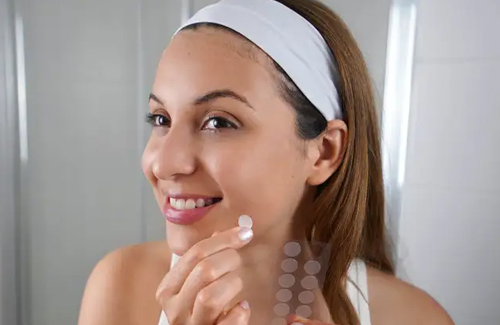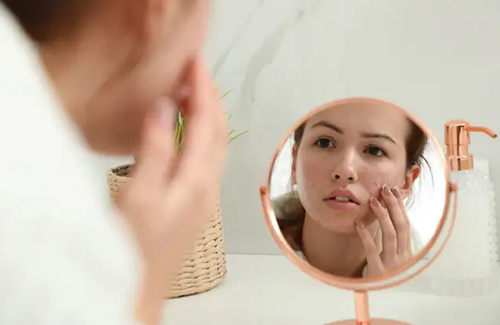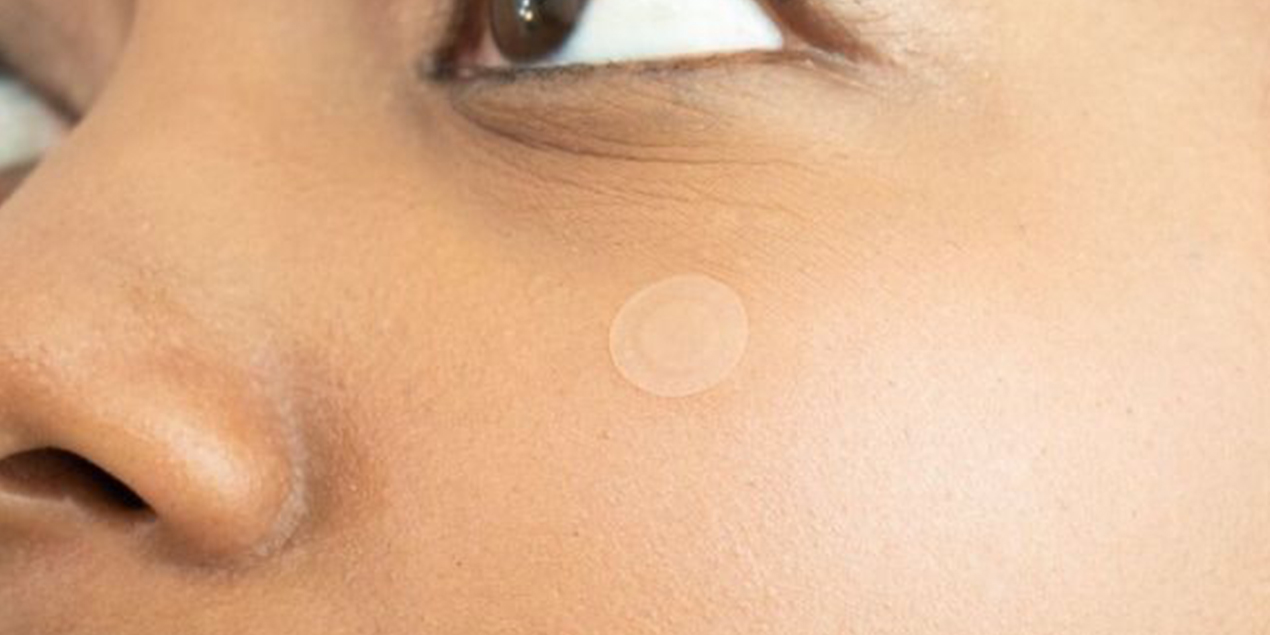Pros & Cons Of Treating Active Acne Using Pimple Patches
Before using pimple patches to treat acne, make sure you're aware of the benefits and effectiveness they offer.
Pimples and acne are common concerns for many of us. Among the various treatments available, pimple patches have gained popularity for their simplicity and targeted approach. These small, adhesive dots are designed to treat individual pimples and can be an effective part of your skincare routine.
Dr. Alekya Singapore, Dermatologist and Cosmetologist, and Founder of The Skin Sensé - Skin and Hair Clinics, explains that while pimple patches are helpful, understanding their limitations is key. "They should be used as part of a holistic skincare routine. Persistent or severe acne needs professional diagnosis and personalised care," she notes.
Pros of Using Pimple Patches
- 🎯 Targeted Treatment: Directly treats individual pimples by protecting them from bacteria and external irritants.
- 🧽 Absorbs Excess Sebum: Reduces oiliness, inflammation, and risk of bacterial growth.
- 🛡️ Protection from External Factors: Shields the pimple from dust, pollution, and accidental picking.
- 🙈 Discreet Coverage: Translucent design helps conceal blemishes for a more confident appearance.
Cons of Using Pimple Patches
- ⚠️ Limited on Deep Acne: Not effective on cystic or hormonal acne below the skin surface.
- ⌛ May Delay Real Treatment: Relying solely on patches might postpone necessary dermatological care.
- ❗ Can Irritate Sensitive Skin: Adhesives or ingredients may cause allergic reactions or sensitivity.
- 🚫 Ineffective on Open Pimples: Shouldn't be applied on broken or popped pimples to avoid infections.
Dr. Alekya advises maintaining a proper skincare regimen, eating well, managing stress, and consulting a dermatologist when needed. "Pimple patches are helpful, but they are not a cure-all," she concludes.





